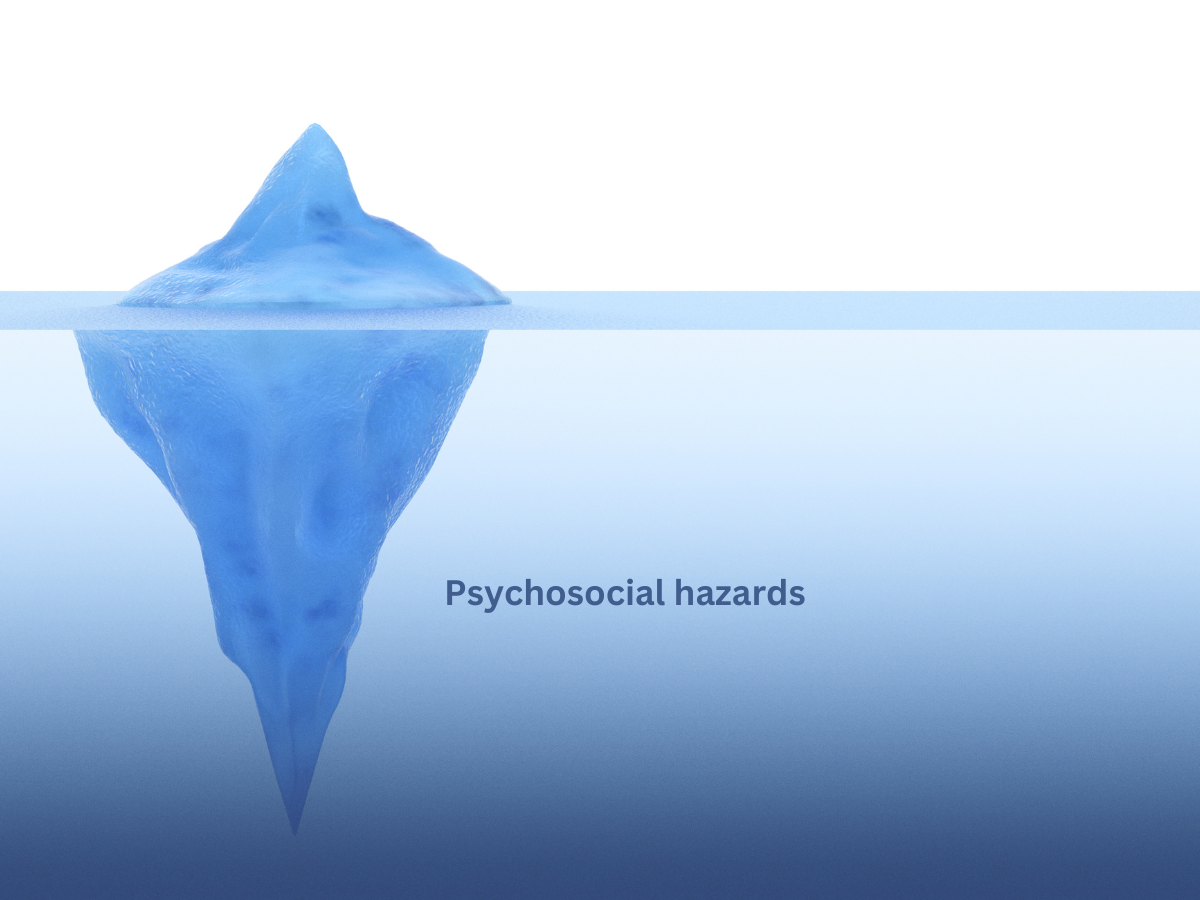Poor organisational justice occurs when there is a lack of fairness in the workspace, this can include fairness in the decision-making process, fairness in relation to keeping employees equally informed with information that impacts them, and / or interpersonal fairness which ensures all employees are treated with respect and dignity.
It is important for an organisation to have clear and transparent processes that can be used to explain decisions that sometimes may be perceived as unfair due to an employee not having access to all of the relevant information. It is also a good practice to respond to complaints of low organisational justice in a non-emotional manner and provide facts and figures that can explain a company’s decision that demonstrates equality and fairness.

Jill works in a Government department that deals directly with the public. Jill is known to be good at her job and regularly gets compliments from the people that she helps and also from her colleagues. Recently, there has been an opportunity in her department for Jill to act in a higher role, which she would love to do. She is the most experienced in her division and feels like she has a good chance of being successful. It shocked her and really surprised her when one of her colleagues who has been in a similar role for a much short period of time, who sometimes receives complaints from the public regarding her customer service skills, got offered to act in the position.
Jill was very upset and approached her manager to ask why her application was not successful. Jill was even more upset because the person who got the role is very friendly with Jill’s manager and they spend a few times every week going out to lunch together. Jill’s manager was very dismissive and was unwilling to give Jill a satisfactory answer. Jill feels very dissatisfied and is seeking to take this manner to higher management.
What contributes to Poor Organisational Justice
- Treating workers unfairly, bullying, unfair promotions
- Lack of clarity of roles
- Lack of opportunities for feedback
- Unfair allocation of rewards and benefits
Negative consequences of Poor Organisational Justice
- Excessive stress
- Anxiety
- Increased absenteeism
- Frustration and anger
- Feelings of disempowerment
- Lower job satisfaction
Strategies for mitigating poor organisational justice:
Create Fair Decision-Making Processes: Create and maintain fair processes for decision-making, ensuring these processes are transparent and easily accessible. Ensure all employees are aware of these processes and that they are applied to all staff in an equitable manner.
Enhance Communicatioin: To build trust within an organisation it is essential to foster open and honest communication. Keeping employees informed about decisions that will impact them and explaining the rationale behind such decisions is a good work practice. Enabling feedback so that management has the opportunity to provide clarity and transparency can prevent issues from escalating to a higher level.
Conflict Resolution: Develop clear procedures and resources for resolving conflicts and grievances. Ensure that employees feel safe to express their concerns and that there are no consequences for requesting clarification or expressing concerns about organisational justice.
Management Training: Ensure managers are trained how to create a fair workplace and have the ability to ask for constructive feedback from their team.
Investigate Concerns: Act promptly on all raised concerns and conduct a thorough investigation that provides clarity and transparency for all parties.




